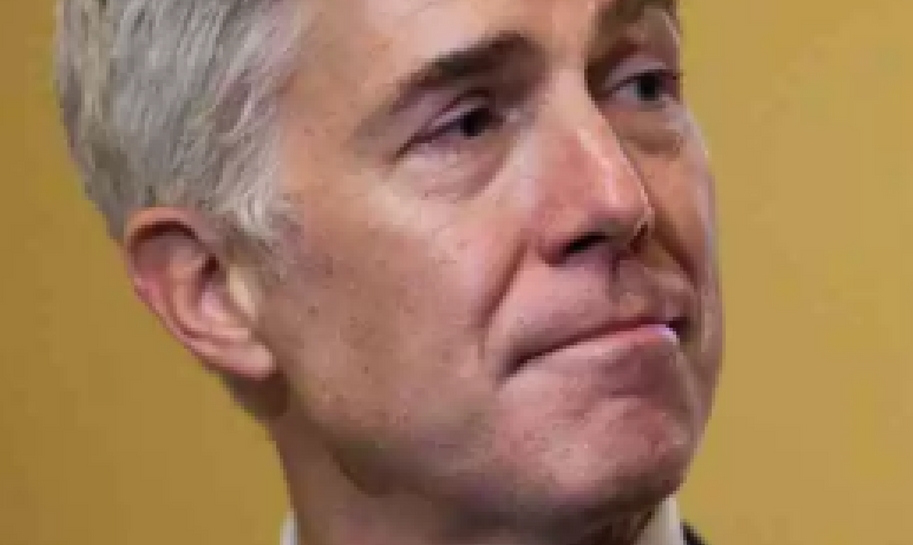
by:
Neil Gorsuch has been a justice of the Supreme Court for less than a month, but he’s already breaking precedent.
He has decided against joining the Supreme Court’s “cert pool,” a shared team of law clerks that produce “pool memos” for each of the more than 7,000 petitions seeking review annually. Justices who subscribe to the pool make their decision on whether to hear a case based on the recommendation made by the labor pool.
Gorsuch’s own team of law clerks will review the thousands of filed petitions and will make recommendations directly to Gorsuch on the roughly 75 petitions that should be considered by the nation’s highest court each year.
Gorsuch joins Justice Samuel A. Alito Jr. as the only other Supreme Court justice who is not part of the pool. Alito dropped out of the pool in 2008.
The pool was created to help ease the workload for Supreme Court Justices but has been criticized for giving too much power to the young law clerks of the pool.
“I’m convinced that when each of the justices had his or her clerks read the cert petitions, you had nine sets of eyes,” said Duke University law professor Erwin Chemerinsky.
Advertisement - story continues below
“Now you only have one set of eyes, and that really decreases the likelihood of cert being granted,” he said. “Also, it used to be that clerks knew what their justices wanted and what they might be interested in. You really lose that when you have the cert pool.”
In a 2007 article in the Texas Law Review, University of Minnesota law professor David R. Stras examined every cert pool memo from 1984, 1985, 1991 and 1992. He found that the cert pool has a direct impact on the number of cases heard by the Supreme Court.
“One of the things that the data did show was that consistently from term to term, the cert pool is stingier in the number of grants it recommends than the court itself,” Stras wrote in the article. “The court ends up taking more cases than the cert pool recommends.”
“This explanation has considerable facial plausibility as some justices, including the late Chief Justice [William H.] Rehnquist, have admitted that they do not look at every petition for certiorari that is filed with the court,” Stras wrote.
He added that the “stinginess has increased over time,” with the Supreme Court’s caseload dropping from 159 in 1985 to just 114 in 1992.
Furthermore, notes University of Virginia law professor Stephen F. Smith, clerks on the pool are incentivized against recommending cases for Supreme Court review out of fear they will be dismissed by the courts, otherwise known as a DIG.
“You want to avoid getting DIGs because it hurts,” said Smith, a former clerk for Justice Clarence Thomas in 1993. “You want the most powerful justices in the country to think well of you.”
“You’re really putting your neck out on the line” by recommending a case for Supreme Court review, Smith said. “And what if the court disagrees with you? The incentive in the cert pool is to deny.”
“Your justice will remember you, but not for how many grants you recommended. The other justices will not remember at all whether you recommended a DIG,” he added. “You sort of have this idea of self-importance that goes away after you’re done.”
The result of the widespread use of the cert pool is the “proliferation of long fractured opinions” on the Supreme Court, wrote Douglas Berman of The Ohio State University Mortiz College of Law in 2007.
“Perhaps if the Justices spent more time personally reading cert petitions and lower court rulings — and not just summaries from one clerk in the pool — they might directly discover areas of the law in need of extra attention and also might better appreciate the mess they sometimes make by issuing fractured rulings.”
Gorsuch’s decision to opt out of the cert pool means he won’t be subjected to its inherent faults. Gorsuch’s team will be subject to a greater workload, but as a result, he will have much greater say in what cases he believes should be heard by the nation’s highest court.
What do you think? Scroll down to comment below.
Suggest a correction
No comments:
Post a Comment